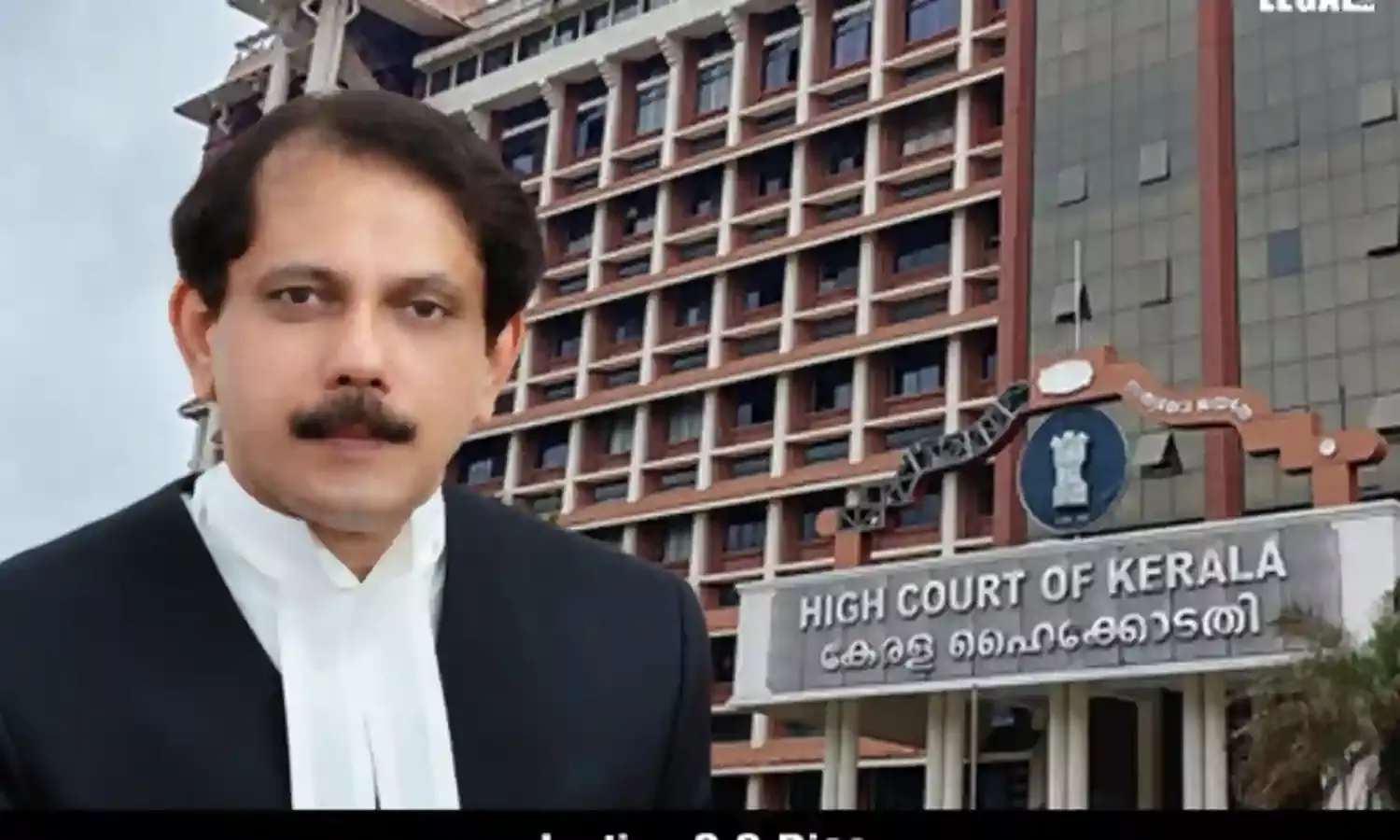Legislators need to Plug the Lacuna in Arbitration Act: Kerala High Court on Non-Execution of Decade-Old Foreign Award
The Kerala High Court conveyed its dismay at the lacuna present in the Arbitration and Conciliation Act, 1996 (in short,;

Legislators need to Plug the Lacuna in Arbitration Act: Kerala High Court on Non-Execution of Decade-Old Foreign Award
The Kerala High Court conveyed its dismay at the lacuna present in the Arbitration and Conciliation Act, 1996 (in short, 'Act') regarding the non-execution of an arbitration award passed by Combined Edible Nut Trade Association (CENTA), London that had been pending for over 10 years.
The single judge Justice C S Dias was hearing a revision petition filed by the petitioner- M/s. Peniel Cashew Company on the ground that he had no means to pay the arbitral award.
The respondent- M/s. Ahcom Sarl had initiated arbitration proceedings against the petitioner, based on an earlier contract to realize an amount of US Dollar 2,88,125.20.
After the Court confirmed that the award was enforceable, the respondent filed an execution application to arrest and detain the petitioner in civil prison. The petitioner had objected to the same on the basis that it had no means to pay the award and was seriously ill due to renal issues.
The Court of the Second Additional District found that the petitioner de facto does have the means to pay the award. Aggrieved by the same the petitioner approached the High Court by filing a revision petition.
Senior Counsel Sri. T Krishnanunni appearing for the petitioner raised three main contentions. Firstly, that the respondent company had ceased to exist. Secondly, that petitioner did not have the means pay the arbitral award. Thirdly, that the court had erroneously permitted the respondent to cure the defects in the time-barred application filed under Order 21 Rule 11A of the Code of Civil Procedure, even though Section 5 of the Limitation Act is not applicable.
The Court while dismissing the arguments of the petitioner referred to various decisions passed by the Supreme Court that stated the preamble of the Act makes it abundantly clear that it aims at consolidating and amending Indian laws relating to domestic arbitration, international commercial arbitration, and enforcement of foreign arbitral awards. The object of the Act is to minimize supervisory role of the court and to give speedy justice.
The Court also discerned the fact in Section 36 in Part I of the Act, which deals with enforcement of domestic awards, the procedure for execution of the award is laid down. However, in Section 49 in Part II of the Act which deals with foreign arbitral awards, such a procedure is not specified. Section 49 of the Act states that if the court is satisfied that the award is enforceable, then the foreign award will be deemed to be a decree of the said Court and can be executed. However, unlike in Section 36 of the Act, the procedure for execution is not laid down.
The Court opined that, "on a contemplation of the wordings in Sections 36 and 49 of the Act and the interpretation given by the Honorable Supreme Court, this Court is of the view that the stipulation under Section 36 of the Act that the provisions of the Code of Civil Procedure have to be followed for the enforcement of a domestic award cannot be insisted upon with all its rigor and strictness for the enforcement of a foreign award under Section 49 of the Act. Schematically, only the broader principles of the CPC, the principles of natural justice and fair trial will have to be followed by Courts while dealing with an application under Section 49 of the Act."
The Court was of the view that unlike the Arbitration Act, 1940, the Courts are not called upon to make the award the rule of the court under Section 49 of the Act. Once the award is found to be enforceable, it is deemed to be a decree of the Court from the date of the foreign award and not from the date of the order passed under Section 48 of the Act.
The judge expressed its displeasure and stated that, "both sides are playing the blame game for the delay in the culmination of the execution petition. The fact remains that a decade-old foreign award remains unexecuted. Obviously, this is not the aim of the legislation and the interpretations of Part II of the Act."
Additionally, on a threadbare analysis of the pleadings and materials on record, the Court found that the petitioner has the means to pay the decree amount, and feigned illness which was untenable in law.
The judge emphasized that this case should be an awakener to the stakeholders to plug the lacuna in the legislation and the loopholes in the procedure, while dismissing the revision petition.

